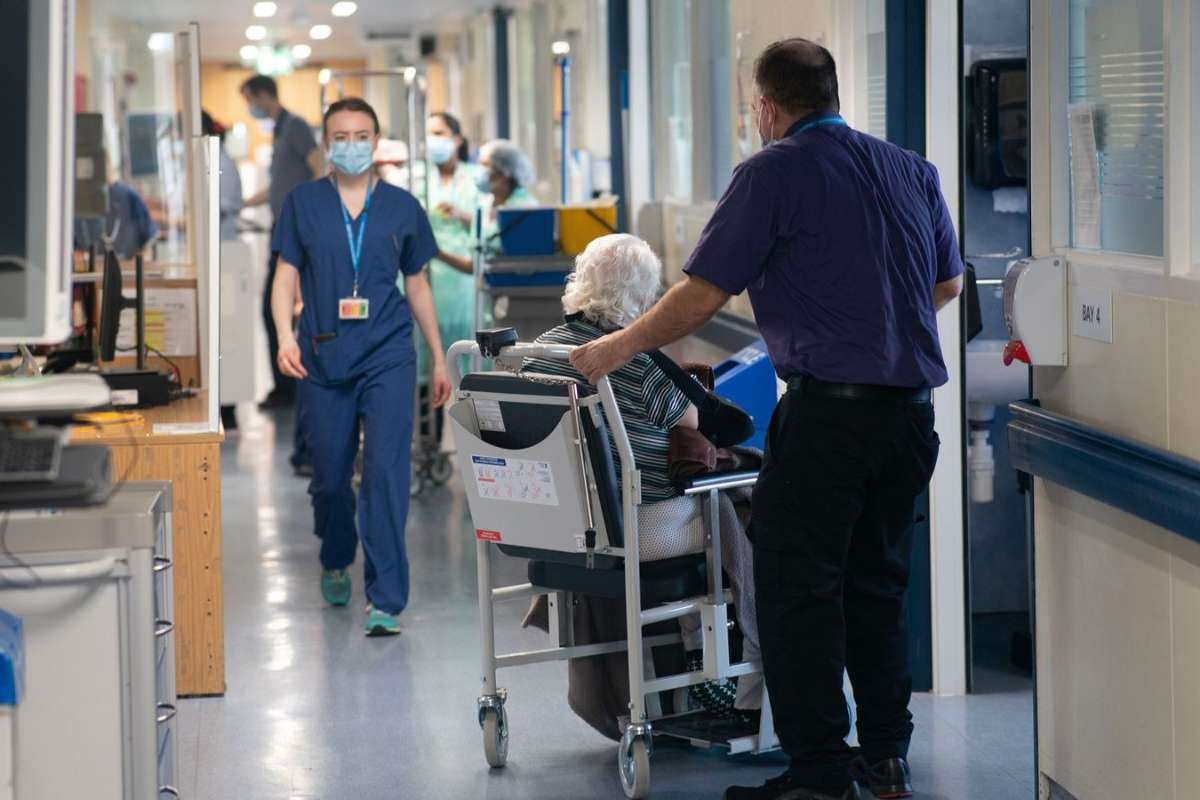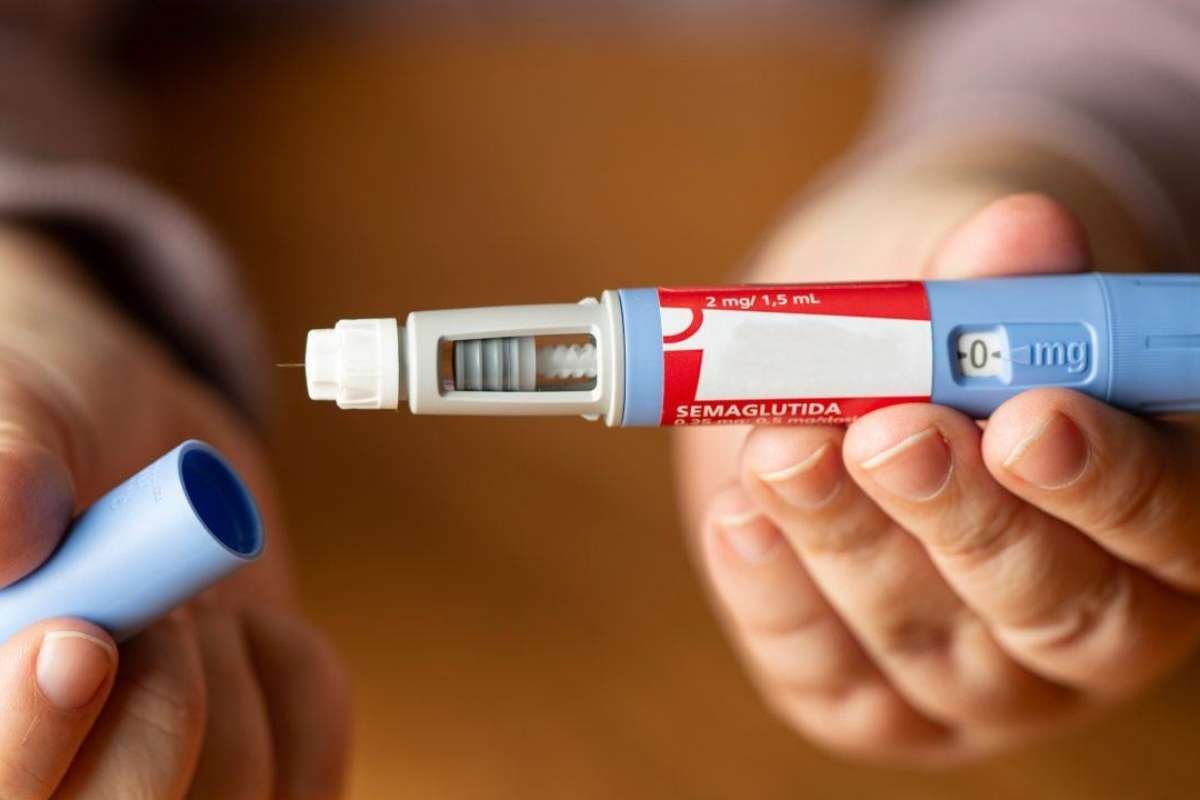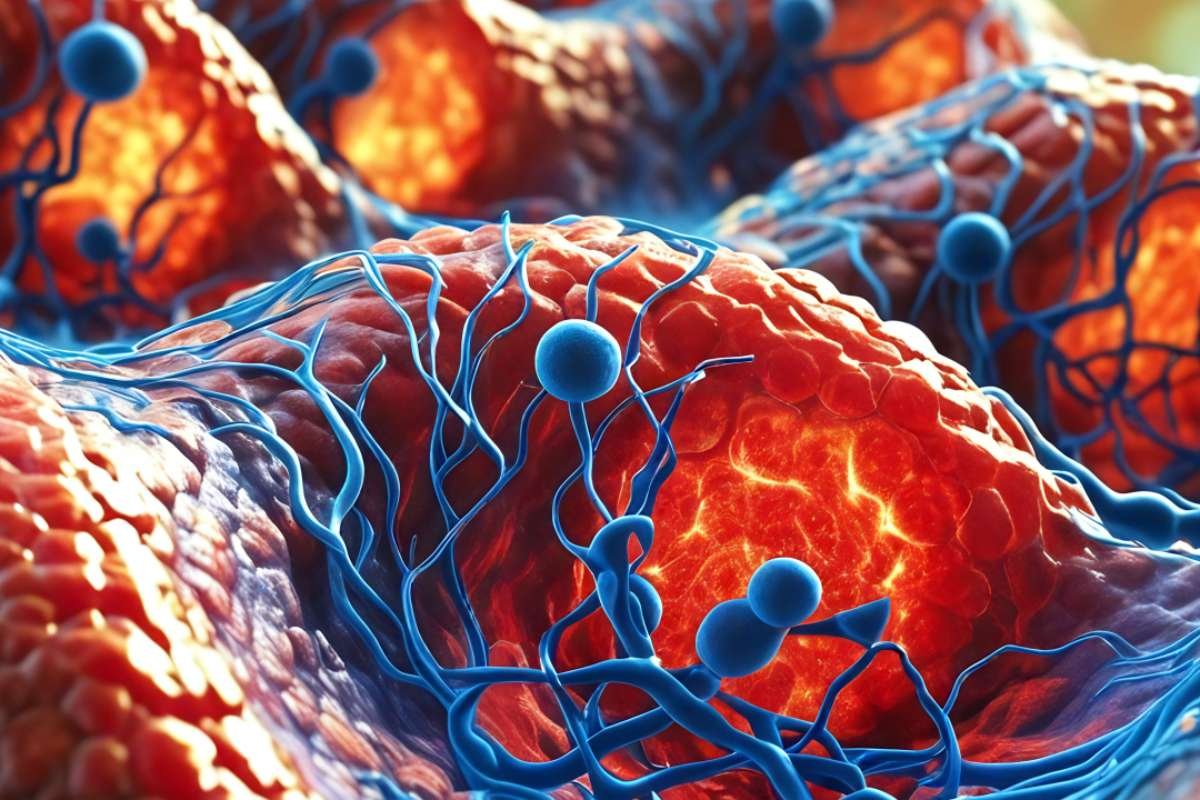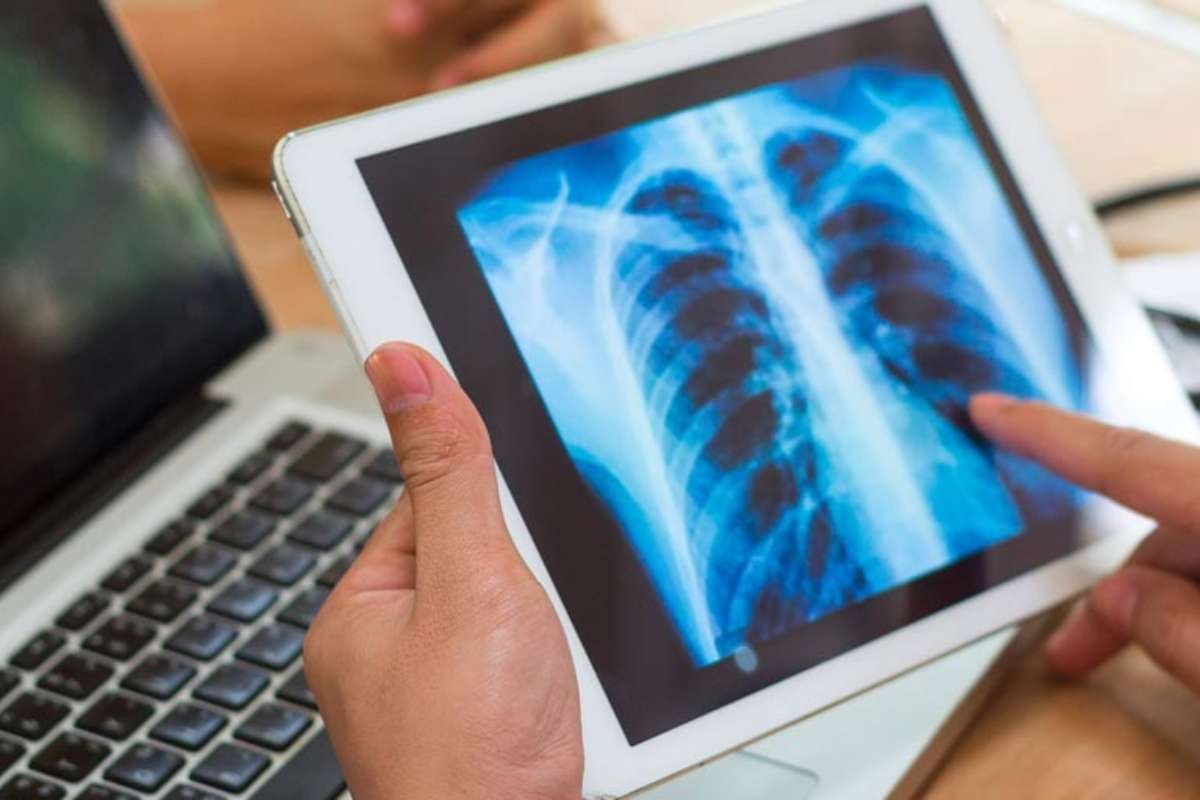[Source- Yahoo News]
The Butler County General Health District (BCGHD) is actively investigating a suspected case of meningococcal disease involving a student at Miami University in Oxford, Ohio. According to health officials, efforts are underway to identify individuals who may have been in close contact with the affected student and may be at high risk of infection.
Transmission and Types of Meningococcal Disease
Meningococcal disease, a serious bacterial infection, primarily spreads through close contact, such as kissing, sharing food, or living in close quarters. The BCGHD emphasizes that understanding the modes of transmission is crucial in preventing further spread of the disease.
There are two common types of meningococcal meningitis:
- Meningitis, where the lining of the brain and spinal cord becomes infected, leading to swelling.
- Septicemia, where bacteria enter the bloodstream, causing damage to blood vessels and resulting in bleeding.
Recognizing Symptoms
Recognizing the symptoms associated with meningococcal disease is essential for prompt diagnosis and treatment. Symptoms of meningococcal meningitis may include fever, headache, stiff neck, nausea, vomiting, sensitivity to light, and confusion. On the other hand, symptoms of meningococcal septicemia may manifest as fever, chills, fatigue, vomiting, diarrhea, cold hands and feet, severe body aches, rapid breathing, and a dark purple rash.
The BCGHD stresses the importance of seeking immediate medical attention for individuals experiencing symptoms suggestive of meningococcal disease. While the condition is treatable with antibiotics, timely intervention is crucial to prevent complications and ensure a favorable outcome.
Health officials: Suspected case of meningococcal disease in Miami University student
Public Health Measures and Recommendations
In response to the suspected case, health authorities are implementing public health measures to contain the spread of meningococcal disease within the Miami university community and beyond. These measures may include contact tracing, provision of prophylactic antibiotics to close contacts, and raising awareness about preventive measures among students and faculty.
Additionally, the BCGHD recommends practicing good hygiene habits, such as regular handwashing, covering coughs and sneezes, and avoiding close contact with individuals displaying symptoms of respiratory or infectious illnesses.
As the investigation into the suspected case continues, the BCGHD advises individuals to remain vigilant and stay informed about meningococcal disease. Regular updates and guidance from health authorities will be provided to ensure the safety and well-being of the community.
The suspected case of meningococcal disease at Miami University underscores the importance of proactive public health measures and community cooperation in preventing the spread of infectious diseases. By promptly identifying cases, implementing preventive strategies, and promoting awareness, health authorities aim to mitigate the impact of meningococcal disease and safeguard public health.










